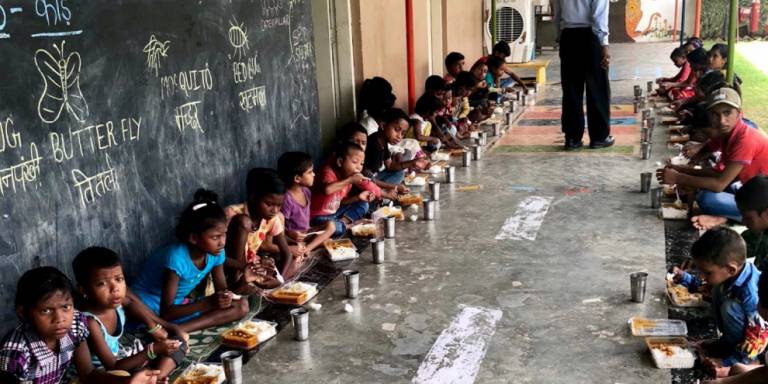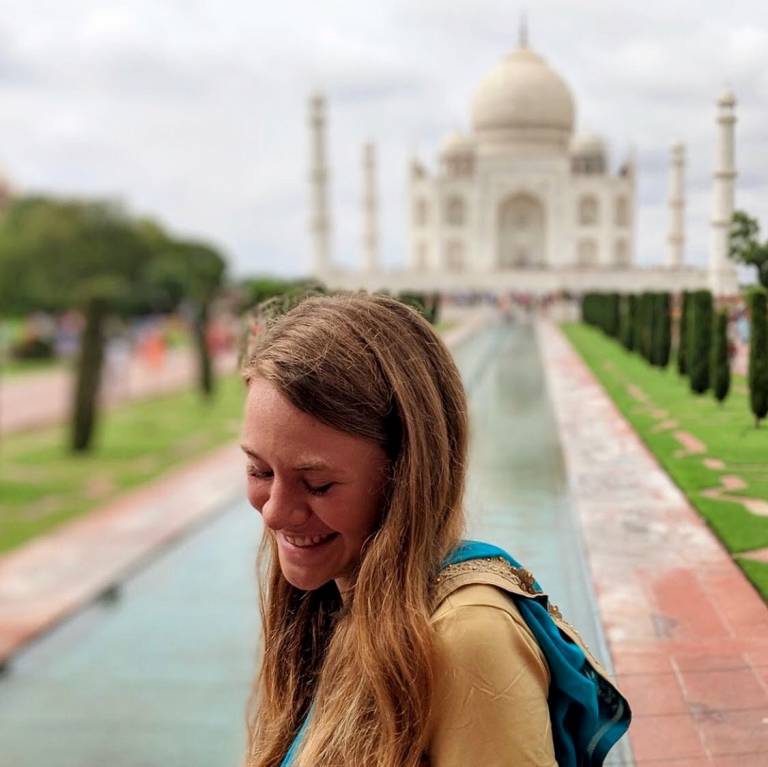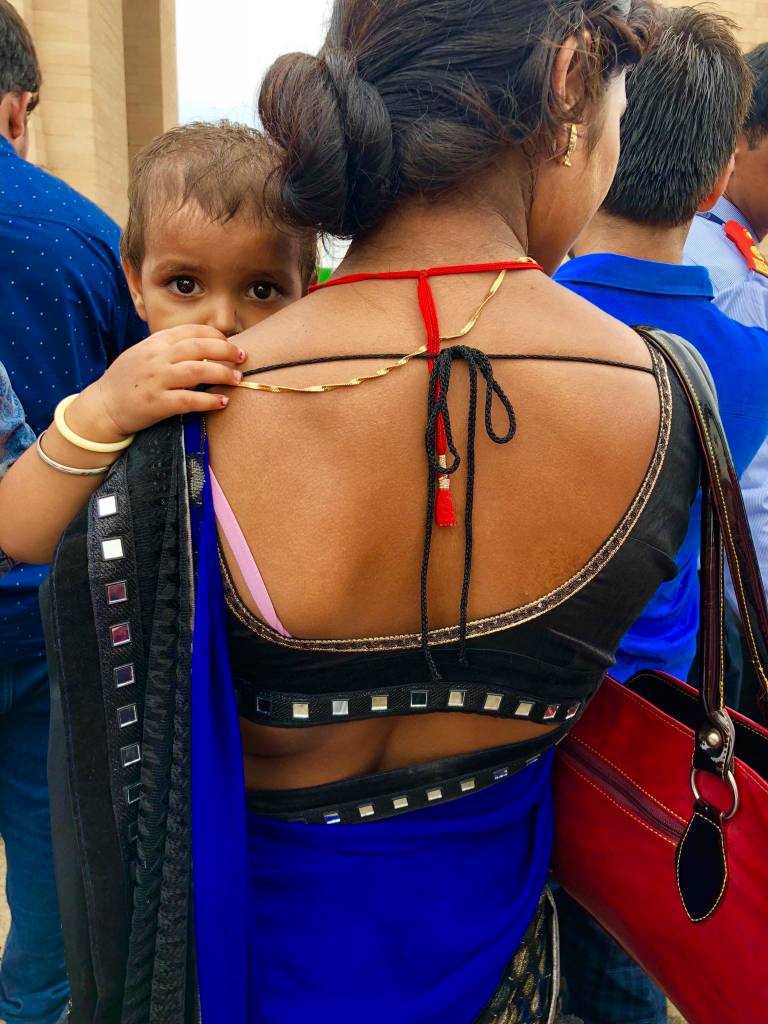International Summer School, New Delhi
18 March 2019
Over the summer of 2018, Sara from ESPS spent six weeks in India. Read about her time on the International Summer School in New Delhi and subsequent volunteering opportunities in Bharatpur and Gurgaon.

Sara Frumento, ESPS
While walking through the extremely crowded Chandni Chowk, one of the oldest markets in Old Delhi, I was surprised by how intense everything in India seems to be: the colours, the smells, the noises, the emotions. In that same moment, almost overwhelmed by such intensity, I was already aware that my six weeks in India would have been some of the most incredible of my life. Indeed, being immersed in its complex and fascinating culture, I developed real insights into this amazing country.

The four-week academic programme was engaging and deeply formative and constituted an invaluable source of personal enrichment. With India as a study model, three different modules (Democracy, Governance & International Relations; Growth, Development & Sustainability and Society, Culture & Heritage) introduced me to a range of issues that are shaping the contemporary world. This course gave me a new perspective on the subjects I was already familiar with—I am a European Social and Political Studies student specialising in International Relations— while introducing me to completely new topics.
In addition to the academic syllabus, I engaged with this country through a varied range of integrated activities including interactions with eminent speakers—such as politician and author Dr. Shashi Tharoor, journalist Mr. Rajdeep Sardesai and judge of the Supreme Court of India Justice Madan Lokur —, workshops on leadership and Hindi classes. Furthermore, I had the opportunity to visit numerous UNESCO World Heritage Sites, including the Red Fort and Qutub Minar in Delhi, the breathtaking Taj Mahal (where I was wearing a saree, traditional Indian dress!), the legendary birthplace of Krishna Vrindavan, and Amber Fort in Jaipur.

For the two final weeks, I was part of the Service Learning, where we had the opportunity to work as volunteers. In the first week, I volunteered for WWF in Bharatpur, Rajasthan. Here, I explored Keoladeo National Park, meeting with park officials and rickshaw pullers, learning how to test the park’s water, visiting a school to learn about the WWF’s programmes for teaching students about conserving water and even embarking on a bird watching cycle tour. In the second week, I worked in a local school in Gurgaon for Ritinjali—an NGO providing education to children and adults from disadvantaged backgrounds—where I taught English, helping with display boards and drawing bugs. Both weeks have been a great opportunity for inner development and personal growth and it demonstrated to me once more how diverse, contradictory and beautiful India is. During these six weeks, I also had the chance to learn from other students coming from all over the world and share with them everyday experiences.
While constituting a huge difference from what I am used to, my experience in India with ISS was profoundly enriching and I am extremely grateful for it. The Indian example, excellent combination of tradition and development, maintaining its roots but looking to the future, is an inspiring model of demographic and economic growth, from which I definitely learnt a lot.
I would not hesitate to recommend a similar experience to other students and I am very thankful that the Global Experience Bursary helped me to spend almost two months of my summer in such a stimulating and enriching way.
 Close
Close

